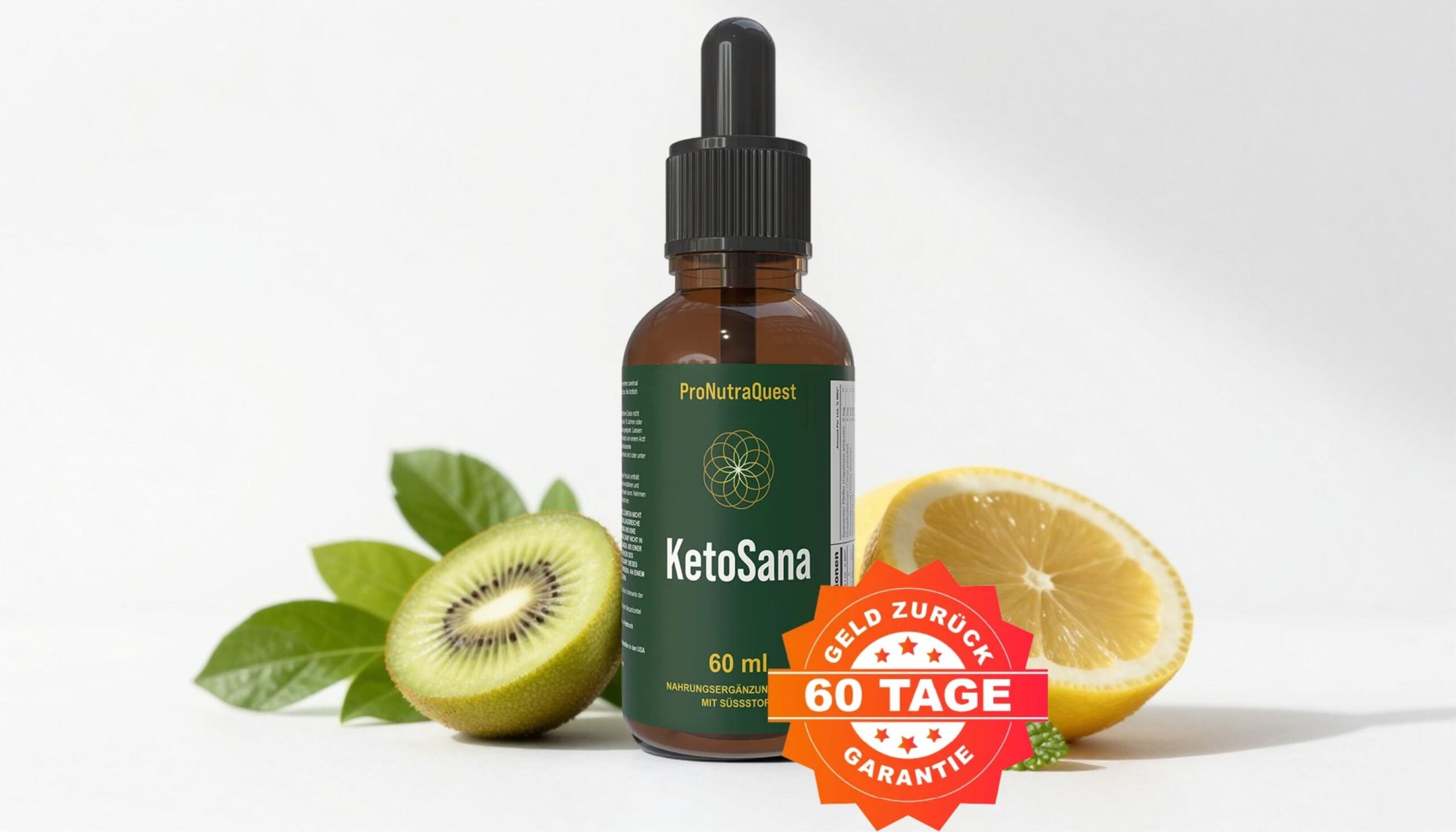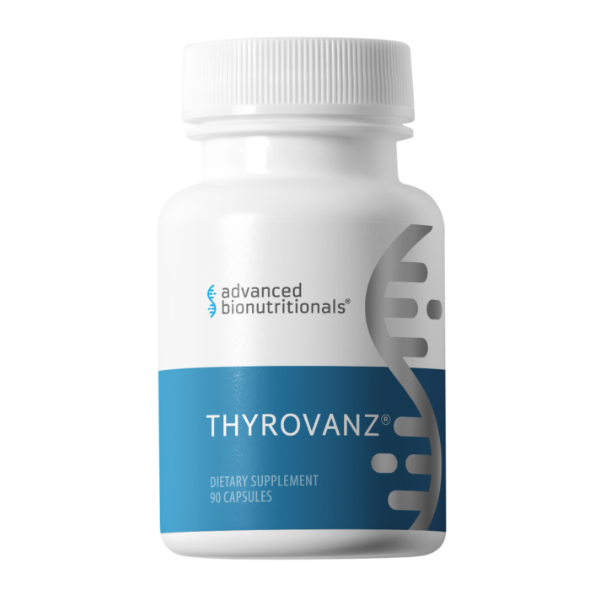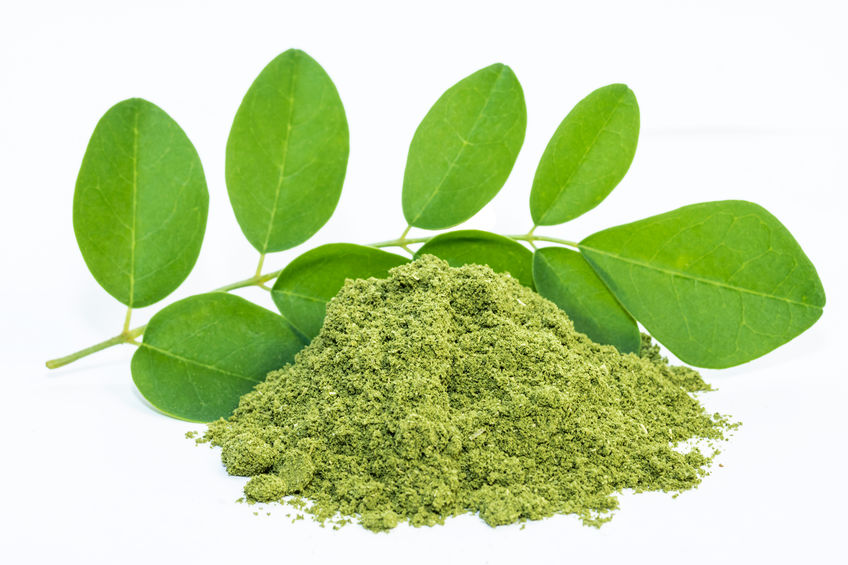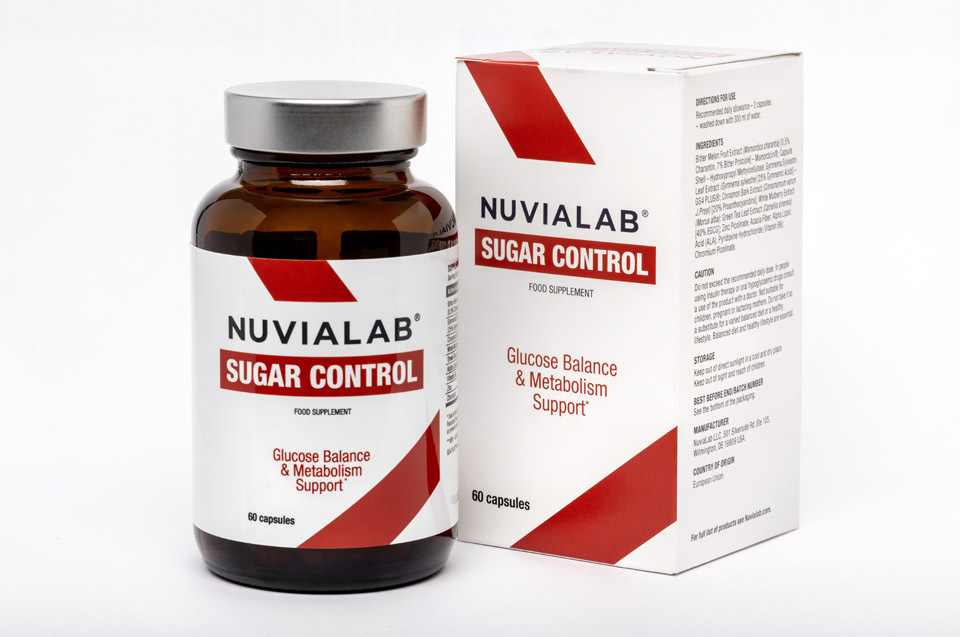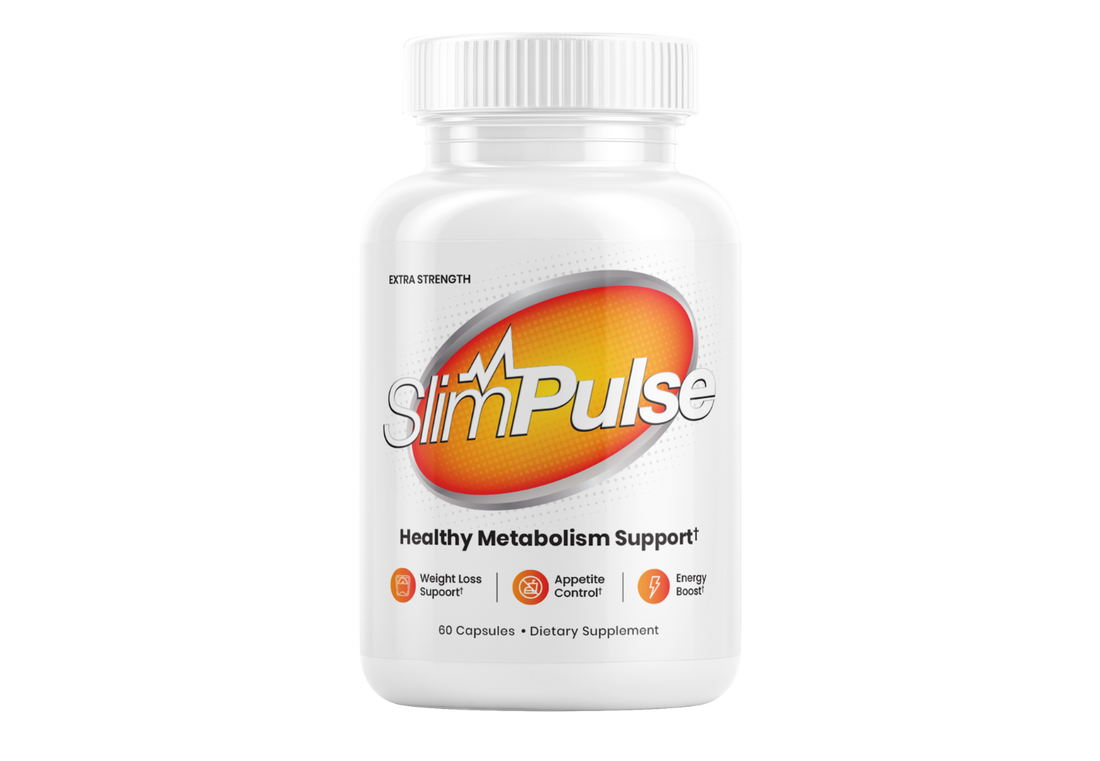Let’s talk about the ten worst foods for prostate health! The prostate gland is a small but crucial gland in men. It plays a key role in male reproductive health. Many men face issues like inflammation, non-cancerous growth, or even prostate cancer. Keeping the prostate gland healthy is key for men, especially as they get older, and for those with a family history of prostate cancer. Some foods can harm prostate health and raise the risk of developing prostate cancer. This guide will look at the ten worst foods for prostate health to avoid. These foods can increase the risk of prostate problems.
Key Takeaways
1. Non-Grass-Fed Beef: Beef from these cattle has lots of saturated fats and hormones. These can cause inflammation and increases the risk of developing prostate cancer.
2. Non-Organic Chicken: Chickens raised this way often have antibiotics and hormones. These can mess with the endocrine system and cause prostate issues.
3. Dairy Products: Full-fat dairy has a lot of calcium. This can make prostate cells grow too much and raise cancer risk.
4. Caffeine: Too much caffeine makes you pee more and can be uncomfortable for those with prostate problems.
5. Spicy and Acidic Foods: These foods can bother the bladder and prostate, making symptoms worse for men with prostate issues.
6. Alcohol: Drinking too much alcohol can cause inflammation and hormonal imbalances. This is bad for prostate health.
7. Sweet Baked Goods: These treats have lots of saturated fats and sugar. Sugar can cause inflammation, which is bad for the prostate.
8. Certain Salad Dressings: Some dressings have unhealthy fats and additives. These can hurt prostate function.
9. Saturated Fats: Eating too much saturated fat can lead to prostate problems.
10. Excess Calcium: Too much calcium from supplements or dairy can increase the risk of prostate cancer.
What Is the Prostate and Why Is It Important?
The prostate is a small, vital gland in the male body, located below the bladder. It mainly makes seminal fluid to help sperm move and survive. A healthy prostate is key for good urine flow and sexual health. But, issues like inflammation, enlargement, and cancer can harm a man’s health and life quality.
The Role of Diet in Prostate Health
Many studies show that diet plays a big part in keeping the prostate healthy and lowering the risk of prostate problems. Eating lots of fruits, vegetables, whole grains, and healthy fats helps the prostate work better and cuts down prostate cancer risk. On the other hand, eating too much processed meat, dairy, and saturated fats can hurt prostate health. By choosing what to eat wisely, men can help keep their prostate healthy and support their overall health. Your dietitian may also recommend some dietary supplements designed to assist with prostate health. Adding these habits to your day can improve your overall health and well-being.
Ten Worst Foods for Prostate Health
Non-Grass-Fed Beef and Processed Meats
Studies have found a link between non-grass-fed beef and prostate cancer. Beef often comes from cows eating corn, grain, and soy, not their natural food. This can lead to chemicals in the meat, raising the risk of prostate cancer in men.
Research shows eating non-grass-fed beef increases prostate cancer risk by 12%. This is also true for lamb and pork, often raised on unsuitable feed. Organic, grass-fed beef is a better choice.
Processed meats, including hot dogs, also raise prostate cancer risk. Eating more processed meats daily can increase the risk by 4%. Fried foods, often with processed meats, are linked to a 35% higher risk of prostate cancer.
It’s crucial to be aware of the link between non-grass-fed beef and processed meats and prostate health. Choosing organic, grass-fed options is key. Making smart food choices helps support prostate health over time.
Non-Organic Chicken and Hormones
The type of meat you eat can greatly affect your prostate health. Non-organic chicken from factory farms is a concern. These chickens often get hormones, antibiotics, and steroids to grow faster and produce meat of lower quality.
Heterocyclic Amines and Prostate Cancer Risk
Non-organic chickens may have heterocyclic amines, which can cause prostate cancer in animals and harm human prostate tissue. These substances form when chicken is cooked at high heat, like grilling or frying. So, how you cook non-organic chicken matters a lot.
Factory-farmed chickens grow too fast and eat foods they’re not meant to. This can lead to toxins in their bodies. Eating this meat might raise your risk of prostate cancer and other health issues.
To keep your prostate healthy, choose organic, free-range chicken or other lean, unprocessed meats. Switching to these can lower your risk of getting hormones, antibiotics, and harmful substances linked to prostate cancer.
Dairy Products and Saturated Fats
Dairy products often have saturated fats that can be bad for prostate health. Studies show that whole milk and other dairy items might raise the risk of prostate cancer. This research points out that dairy’s estrogen-like substances could help prostate cancer grow and spread.
High calcium in dairy can also link to more prostate cancer deaths. Calcium is key for bones, but too much from dairy might help prostate cancer grow. Instead, get calcium from salmon, leafy greens, and almonds, which are better for your prostate.
It’s smart to cut down on dairy, especially high-fat types like whole milk and cheese, for a healthy prostate. Eating more plant-based foods can help keep your prostate and overall health in check.

Caffeine and Its Diuretic Effects
Caffeine is found in coffee, tea, and other drinks. It helps give you energy but also makes you need to pee more. This can be a big problem for people with an enlarged prostate, also known as benign prostatic hyperplasia (BPH).
When the prostate gets bigger, it’s hard to empty the bladder fully. This leads to discomfort and needing to pee more often. Caffeine makes these symptoms worse by making you pee even more. It can also raise your blood pressure, making things even harder.
To help with these issues, cutting down on caffeine is a good idea. This means less coffee, tea, and soda. By doing this, you can lessen the need to pee and feel better. Drinking plenty of water and eating foods good for your prostate can also help.
Spicy and Acidic Foods: Prostate Irritants
Some foods can make prostate health worse, making symptoms and discomfort worse. Spicy foods like curry and chili are examples. These foods can make the bladder and prostate inflamed. This can lead to needing to urinate more and other symptoms of an enlarged prostate.
Acidic foods can also be a problem for men with prostate issues. A study in 2006 found that eating eggs and poultry might make BPH symptoms worse. This is because egg yolks have arachidonic acid, which can cause inflammation.
To keep your prostate healthy, eat fewer spicy and acidic foods. Choose milder flavors and avoid too much curry, chili, and hot sauce. By doing this, you can reduce urinary discomfort and support your prostate health.
Alcohol and Dehydration
Alcohol can harm prostate health. It makes you need to urinate more often and urgently. This can irritate the bladder and the prostate.
It also worsens symptoms for men with benign prostatic hyperplasia (BPH). This is when the prostate gets bigger.
Alcohol is a diuretic, causing you to lose more fluids than you take in. This leads to dehydration. Dehydration makes urine more concentrated, irritating the bladder and prostate.
It also relaxes muscles, making it hard to empty the bladder fully. This can make you feel like you’re not fully emptying your bladder, leading to more trips to the bathroom.
Even moderate alcohol use can be a concern for men with prostate issues. Talking to a healthcare professional can help figure out how much alcohol is safe. They can also suggest other changes to help with prostate problems.
Sweet Baked Goods and Saturated Fats
Sweet baked goods can be bad for prostate health. They often have lots of saturated fats. These fats can harm the prostate.
Bakers use saturated fats like butter, lard, or shortening. They make ingredients stick together and give a smooth texture to cakes, cookies, and pastries.
Avoiding Saturated Fats in Salad Dressings
Salad dressings can also have saturated fats that are bad for the prostate. Many dressings use saturated fats like mayonnaise, cheese, or cream. These fats make the dressing stick to the greens.
Choosing healthier dressing options with unsaturated fats like olive oil or avocado oil is better. This reduces the intake of bad fats and helps prostate health.
Be careful with sweet baked goods and salad dressings high in saturated fats. Eating in moderation and choosing healthier options is key to a prostate-friendly diet.

Saturated Fats: A Potential Risk Factor
New studies show that saturated fats might not be good for prostate health. They link saturated fat to a higher risk of prostate cancer. Foods high in these fats include butter, coconut oil, palm oil, sausages, bacon, fatty meats, pastries, and cheese.
Research found that being stout affects prostate cancer risk. It also links being stout to more severe prostate cancer. This shows why managing weight is key for those with prostate cancer.
Eating certain fats can also raise prostate cancer risk. Studies show a link between trans-fatty acids and prostate cancer. Looking at diets of Japanese migrants and Polish-born people in the U.S. highlights how diet affects cancer risk.
Though diet’s role in prostate cancer is complex, eating less saturated fat is wise. Making smart food choices helps us support our health and lower prostate cancer risk.
Excess Calcium and Prostate Cancer Growth
Calcium is key for strong bones and good health. But too much excess calcium can raise the risk of prostate cancer growth. Eating a lot of foods high in calcium, like milk, cheese, and ice cream, might help prostate cancer grow and spread.
Foods High in Calcium to Limit
To lower your prostate cancer risk, eat less high-calcium foods. Foods to watch include milk, cheese, cottage cheese, yogurt, pudding, and ice cream. Cutting down on these can lower your calcium intake and might reduce prostate cancer growth risk.
Calcium is vital for bones, but too much is bad for prostate health. Being careful with your excess calcium intake and eating a balanced diet can help. This can support your health and lower the risk of prostate cancer growth.
Prostate-Friendly Foods to Incorporate
When it comes to prostate health, what you eat matters a lot. Adding certain foods to your diet can help lower the risk of prostate problems. Foods like salmon, tomatoes, berries, broccoli, and nuts are great choices.
Fatty fish like salmon are full of omega-3 fatty acids. These acids can cut the risk of prostate cancer by about 70%. They also lower the risk of dying from it by around 50%.
Cooked tomatoes are key in fighting prostate cancer. They’re packed with lycopene, which helps a lot.
Berries, especially blueberries and raspberries, are full of antioxidants. These help fight inflammation and sickness in the body. Broccoli and other cruciferous veggies have sulforaphane. This compound is linked to a lower risk of prostate cancer. Nuts like almonds and walnuts give you selenium. When combined with soy, they can fight prostate cancer.
Adding these foods to your diet is a big step towards a healthy prostate. A balanced diet focused on these foods can greatly improve your health. Your dietitian may also recommend some dietary supplements designed to assist with prostate health. Adding these habits to your day can improve your overall health and well-being.
Salmon: Rich in Omega-3s and Anti-Inflammatory
Incorporating salmon into your diet can greatly improve prostate health. This fatty fish is full of omega-3 fatty acids. These acids have strong anti-inflammatory effects.
Studies show that eating salmon can lower prostate cancer risk by about 70%. It can also cut the risk of dying from it by around 50%.
The healthy fats and omega-3s in salmon help reduce inflammation. Inflammation is a major factor in prostate cancer. Salmon is also rich in calcium, which is good for prostate health.
By adding salmon to your meals, you’re taking a step to support your prostate health. It’s a simple yet effective way to improve your well-being.
Tomatoes: Lycopene for Prostate Protection
Cooked tomatoes are key in lowering prostate cancer risk. A study found men who ate cooked tomatoes often had a 28% lower risk of prostate cancer. These tomatoes are full of lycopene, which protects prostate tissue.
Antioxidant-Rich Berries for Prostate Health
Berries like strawberries, raspberries, and blackberries are also packed with antioxidants. These help fight off sickness and reduce inflammation. Resveratrol in berries makes prostate cancer cells more sensitive to radiation therapy.
Studies show eating lots of fruits and veggies, like tomatoes and berries, lowers the risk of chronic diseases. In fact, bad diets are linked to half of cancer cases and 35% of cancer deaths in the U.S. Adding these foods to your meals is a great way to boost your health.

Broccoli and Cruciferous Vegetables
Broccoli and other cruciferous veggies are key for prostate health. Eating these veggies can help lower inflammation and the risk of prostate cancer. A study with 4,577 men over 24 years showed that eating more vegetable fat cut down the risk of dying from prostate cancer.
The key compound in broccoli and similar veggies is sulforaphane. This antioxidant stops prostate cancer cells from growing and helps destroy them. A 2009 study found that eating two or more servings of these veggies a month could lower prostate cancer risk.
Not just broccoli, cauliflower, Brussels sprouts, and kale are also good for prostate health. Adding these foods to your diet can help reduce inflammation and lower prostate cancer risk.
Nuts and Seeds for Prostate Wellness
Nuts and seeds are great for supporting prostate health. They are full of nutrients that help keep the prostate healthy and lower the risk of problems. These tiny foods are packed with compounds that are good for you.
Brazil nuts are especially good. They are full of selenium, which can lower the risk of prostate cancer. Selenium and vitamin E fight oxidative stress and inflammation. These are important for keeping the prostate healthy.
But there’s more. Walnuts, almonds, and flaxseeds are great for omega-3 fatty acids. These fats have anti-inflammatory effects. Adding these foods to your diet can support prostate health and reduce the risk of problems.
So, nuts and seeds are key for prostate health. Add them to your meals and snacks often. They offer many benefits for your prostate wellness.
Hydration and Its Importance for Prostate Health
Drinking enough water is key for prostate cancer patients. It helps with side effects like urinary issues. Staying hydrated is a big help during prostate cancer treatment.
Men with prostate cancer should drink 6-8 glasses of fluids daily. Not just water, but also certain drinks and foods can help with hydration. Green tea, for example, is full of antioxidants. It might slow down prostate cancer growth and lower the chance of it spreading. Eating foods high in fiber also helps with digestion and absorbing minerals, which is good for hydration. By focusing on staying hydrated, prostate cancer patients can better manage their condition.
Conclusion
Keeping the prostate healthy is key for men’s health. Avoiding ten worst foods for prostate healthfoods like non-grass-fed beef, non-organic chicken, and dairy can help. Also, steer clear of caffeine, spicy and acidic foods, alcohol, sweet baked goods, saturated fats, and too much calcium.
Instead, eat foods that are good for the prostate like salmon, tomatoes, berries, broccoli, and nuts. Your dietitian may also recommend some dietary supplements designed to assist with prostate health. These foods offer important nutrients and antioxidants. By choosing wisely, men can help keep their prostate healthy and lower the risk of prostate cancer and other issues.
A balanced diet, regular exercise, managing stress, and staying at a healthy weight are also important for men, especially as they get older. Being careful about what you eat and taking steps to protect your prostate can greatly improve your life. It can also lower the risk of prostate problems.



